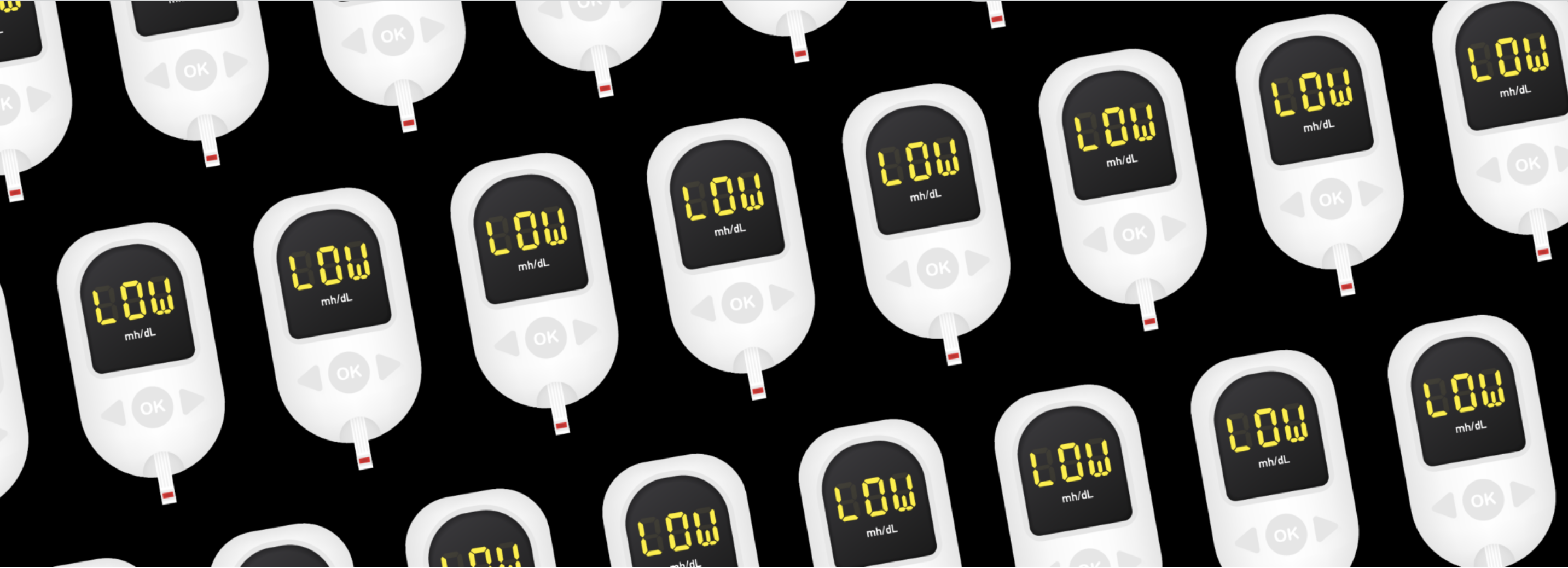Questions to Ask Before Starting New Medications
Written by: Liz Cambron-Kopco
3 minute read
October 5, 2022
Starting a new medication can be a tough decision but asking your provider the right questions can help you feel empowered in your decision.
There might come a time when you or your doctor want to try a new medication as part of your diabetes management plan. Starting a new medication can be a tough decision but asking your provider the right questions can help you feel empowered in your choice.
There are several medications available for diabetes, but everyone experiences diabetes differently. You deserve to have a good understanding of how a new medication will help you achieve your diabetes goals.
Advocating for yourself and your health may look like having a discussion with your provider before starting a new medication. It is your right to be informed about your diabetes care. Here are some questions you may want to ask your provider before starting new medications.
Why is this medication being recommended?
The decision to include a new medication in your daily routine should be a joint decision between you and your provider. If your doctor is recommending a new medication, ask them how it will benefit you and your diabetes care. What diabetes goal is this change going to help achieve?
Are there any side effects?
Most medications have known side effects. It is helpful to know what side effects you can anticipate before starting a new medication. Some common side effects like nausea, diarrhea, constipation or high blood pressure can make your quality of life worse. Discussing whether the benefits of the new medication outweigh the side effects is important in making your decision.
Some side effects go away over time, while others pose higher risk and require immediate medical care. It’s important to talk to your doctor or pharmacists about what to look for when starting a new medication.
Will this interfere with any other medications/conditions?
It is important to know if a new medication will have any negative interactions with other medications or supplements you take. (Yes, non-prescription medications and supplements can also cause interactions!) Additionally, providers should explain how a new medication may impact other health conditions you have. For this reason, it’s important that your provider have a complete picture of your health conditions and medication regimens.
Many new diabetes medications have preventative benefits for other conditions like heart and kidney disease, so make sure to ask!
Will I need a prior authorization?
A prior authorization (PA) is a requirement from your health insurance company for coverage of certain medications, medical devices or services. You may need a PA if a drug isn’t on your health insurance formulary because it is a newer drug or doesn’t have a generic equivalent.
Asking your provider if you’ll need a PA can help get the process started early so you can get your medication quicker. You may also want to ask if there is an alternative medication that works similarly or if your provider’s office will submit an appeal to your insurance if the PA is denied.
Do I have other options to reach the same goal?
Being on medication is not a sign of weakness or failure, and it is your decision whether you want to start a new medication. If you are not comfortable with adding medication to your diabetes management, you should ask what your other options are—you may have choices! You may ask if you can see a nutritionist, diabetes educator, or therapist to help you reach your diabetes goals without medication.
Don’t be afraid to ask!
The choice to start a medication is yours. Getting educated is part of that decision making process.
For some people asking questions can feel overwhelming or intimidating, but don’t be afraid to ask! Remember that your doctor is supposed to be advocating for you and should be making recommendations that are in your best interest. However, you may need to advocate for yourself throughout this process too.
If you are shy or hesitant asking your doctor questions, consider sending your doctor your questions before your appointment. This way your provider is aware of your questions and concerns and can come prepared. If you want extra support, having someone you trust like a family member or friend, come with you can also help.
These are all powerful forms of self-advocacy! Don’t be afraid to initiate conversations with your healthcare team—you deserve to be confident in your diabetes care!
Editor’s note: Educational content related to self-advocacy is made possible with support from Lilly Diabetes, an active partner of Beyond Type 2 at the time of publication. Editorial control rests solely on Beyond Type 2.

Author
Liz Cambron-Kopco
Liz has been living with type 2 diabetes since 2014, but grew up surrounded by it as a first-generation Mexican-American. With a bug for research, Liz pursued a PhD in molecular biology and spent her early career studying insulin signaling in invertebrates to understand how insects’ tiny little bodies work. Along with advocating for women and girls in STEM, Liz shares her personal journey with diabetes on her social media platforms to help teach people to become their own advocates. Her passion for advocacy led her to join the Beyond Type 1 team. When she’s not advocating, Liz enjoys hiking... Read more
Related Resources

When you’re diagnosed with type 1 diabetes (T1D), it can be an overwhelming life change....
Read more

The biggest barbecue day of the year is the 4th of July! Celebrating the 4th...
Read more

Hypoglycemia and severe hypoglycemia are two things against which all people with diabetes should be...
Read more

